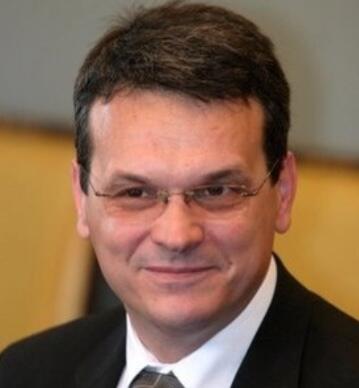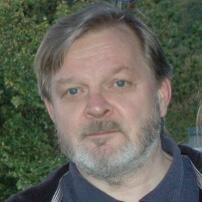Frontiers in Cell and Developmental Biology, the Swiss biomedical journal, recently launched a new specialty section named Early Endosome - Endosomal Recycling Compartment - Trans-Golgi Network Interface. Anbing SHI from the School of Basic Medicine, Huazhong University of Science and Technology, Pero Lučin from University of Rijeka, and Jaakko Saraste from University of Bergen together work as Specialty Chief Editors.
The endosome system is a collection of organelles that sort membrane-associated proteins and lipids for lysosomal degradation or recycling back to their target organelle. Despite the existence of numerous internalization routes, early endosomes (EE) serve as a focal point of the endocytic pathway. Sorting events initiated at this compartment determine the subsequent fate of internalized proteins and lipids, destining them either for recycling to the plasma membrane, degradation in lysosomes or delivery to the trans-Golgi network.
Early endosomes (EE), Endosomal recycling compartment (ERC), and the trans-Golgi network (TGN) are membranous organelles tightly packed in the pericentriolar region of the cell. They are highly heterogeneous and dynamic, exchanging membranous intermediates in almost all directions. These exchanges occur at the interface of well-defined stable organelles, and includes a complex set of events associated with the conversion of molecular machinery. The major drivers of these events are many small GTPases from the Rab and Arf subfamily that, through the cascade-like interactions with cellular proteins, shape the membrane identity and thereby direct trafficking events. Despite significant progress over the last decade, the physiology of the EE-ERC-TGN interface remains to be further understood.

Pero Lučin currently works at the Faculty of Medicine, University of Rijeka as the Head of Department of Physiology and Immunology. Pero does research in Cell Biology, Physiology and Immunology. In the past he served in the position of the President of the Board of the National Foundation for Science, Higher Education and Technological Development of the Republic of Croatia (2003-2010). He was also a Member of the Steering Committee for Higher Education and Research (CD-ESR) of the Council of Europe (2002-2004) and a BFUG member (2002-2004).

Anbing SHI currently works at the School of Basic Medicine, Tongji Medical College of Huazhong University of Science and Technology. Prof. Shi is a recipient of the National Science Fund for Distinguished Young Scholars and is supported by Program for New Century Excellent Talents in University. He graduated from the School of Life Sciences, Nankai University, obtained his Ph.D. degree in Cell Biology from Rutgers University (New Jersey, USA) and finished his postdoctoral training at Stanford University (California, USA). In 2013, he joined Huazhong University of Science and Technology as a faculty member, working on membrane trafficking regulation.

Jaakko Saraste currently works at the Section of Anatomy and Cell Biology, Department of Biomedicine, University of Bergen. He received his PhD at the University of Helsinki, Finland. He did his postdoctoral work at Yale University School of Medicine, USA. From 1987-1992, he worked as a group leader at Ludwig Institute for Cancer Research, Karolinska Institute, Stockholm. From 1993-1998, he worked as a Research Fellow at the Department of Biochemistry and Molecular Biology. In 1998 he took up a position as a Professor at the Department of Anatomy and Cell Biology. His group is working on the functional organization of the intermediate compartment, a membrane system operating between the endoplasmic reticulum and the Golgi complex.